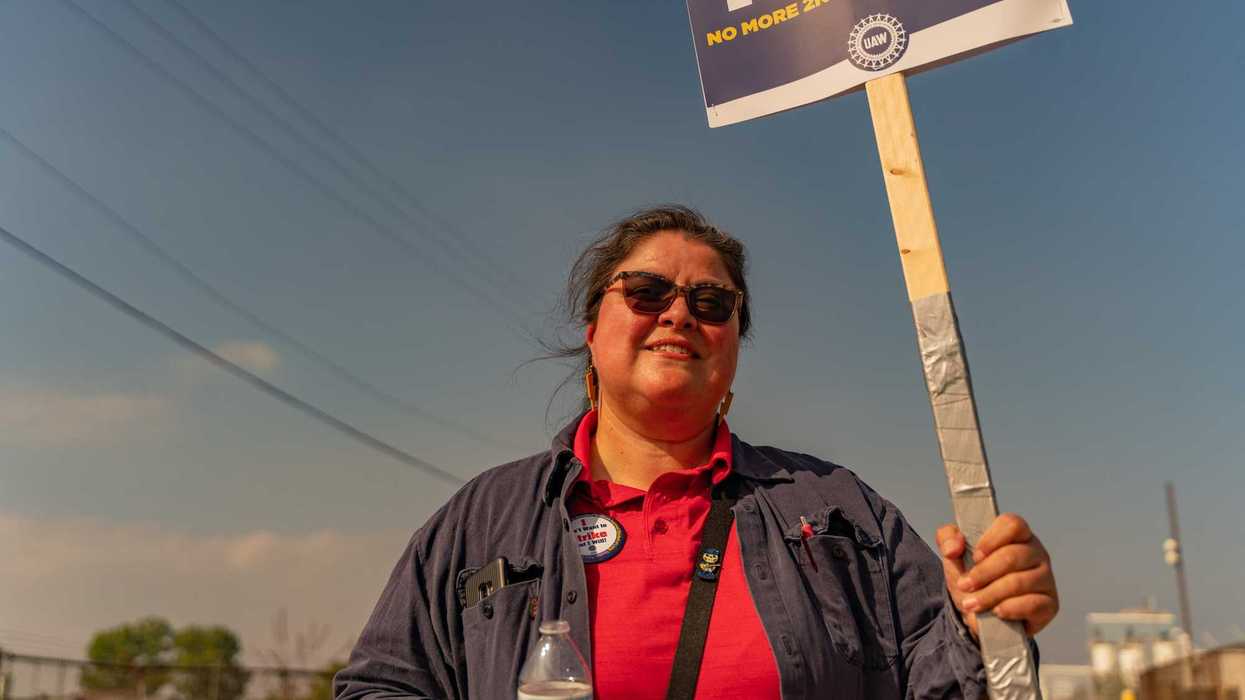Henry Murray is a student at Tufts University from Lawrenceville, New Jersey. He is entering his junior year and studying international relations.
As a college student who, like many of my classmates, is frustrated with politics in America, I’d like to reimagine our congressional elections. Our country’s two major political parties have become increasingly one dimensional and stubborn, the result being a paralysis of democratic processes. The youth of this country, a majority of which are not aligned with either party, present an opportunity for change. However, energizing my generation will not be enough to improve our democratic process. Significant institutional reform must occur to facilitate real progress toward a healthier democracy. Open primaries, ranked choice voting, and instant runoff elections are a few of many reforms that could play a big part motivating the youth by creating a less partisan legislature.
Youth voters are characterized as those ages 18 to 29. As a 20 year old, I fall on the younger end, but through my friends and older siblings, I feel connected to the group as a whole. While many refer to our generations as a monolithic voting block that is purely a boost for the left, in reality, young people of the United States are diverse and complex.
According to the Center For Information & Research On Civic Learning And Engagement, 38 percent of youth voters do not identify with one of the two major political parties. The plurality of people around my age are independent, but they have not yet made their full impact known because, as CIRCLE reports, they have been “neglected by campaigns.” The largest group of young voters who did not vote in the 2022 midterm elections were those not aligned with a major political party.
When I ask my friends about politics, I often receive answers like: “I don’t do politics,” “I don’t like politicians,” or “it doesn’t matter.” I don’t believe these answers indicate young people don’t care about the government or democracy but instead are disengaged from and uninspired by politics because of the extreme hyper-partisanship. The deep divide in our country has made politics so contentious that many young people don’t want to be associated with either side and thus don’t vote. Plus, the negative effects of gerrymandering that result in congressional districts that always vote Democratic or Republican discourage young voters from believing their vote will change anything.
Youth voters feel powerless and unrepresented in today's political world. A well-functioning democracy is dependent on a high rate of political participation. This should be enough reason to encourage more political representation of and outreach to young people in America. Unfortunately, just wanting less polarization will not bring it about. Without an understanding of its root causes and actions leading to change, the voice of the people will continue to be unheard.
Gerrymandering obstructs our ability to hold fair and competitive elections. Many Congressional districts are mapped in a way that predetermines results and renders many votes useless. When a party is all but guaranteed to win in a district, the minority votes and even the excess majority votes essentially don’t matter. The elections are also decided on a plurality, so even if there is significant support for the minority, they can still be left with no representation. For example, in my home state of Massachusetts in the 2012 house elections 30 percent of the vote went to the Republicans, but they didn’t win any seats.
Many organizations have proposed and some state and local governments have tried different election formats to combat the gerrymandering problem. Among them are open primaries, ranked choice voting, term limits, multi member districts, proportional representation, and bigger general election ballots. One option that combines several of these strategies and to me, is particularly applicable to the concerns of the youth, is final-five voting. Democracy Found, an organization started by Katherine Gehl and Austin Ramirez, has developed a voting system “designed to address the electoral incentives that lead to partisan gridlock.” Final-five voting features an open primary that sends the top five candidates into a general election that uses ranked choice voting and instant runoffs to ensure that the winning candidate has a majority.
With final-five voting, independent voters would feel like our vote means something. Candidates would need to appeal to the majority of voters, and with a broader range to choose from, independently minded young people might find someone who they feel represents and relates to them rather than having to vote for the lesser of two evils.
The road to a healthy democracy is a two-way street. My generation must actively learn more about politics and voting and become more involved. At the same time political parties need to be more proactive about reaching out to the younger generations. And lastly voting reform is required to make everyone's vote count.



















Why does the Trump family always get a pass?